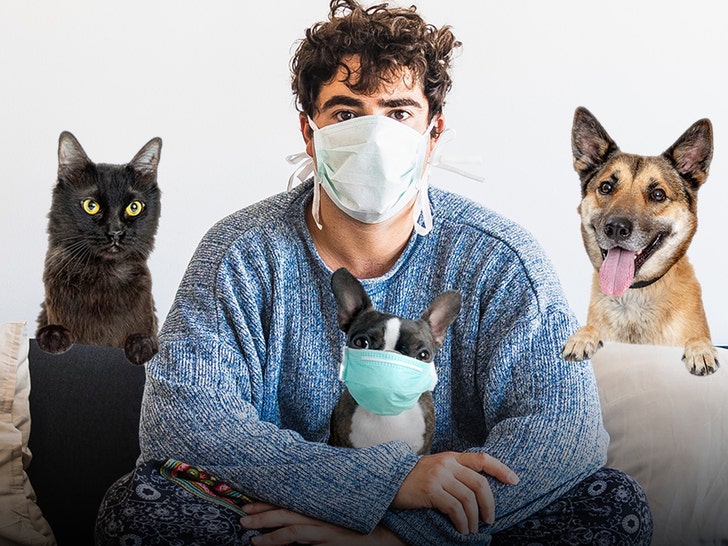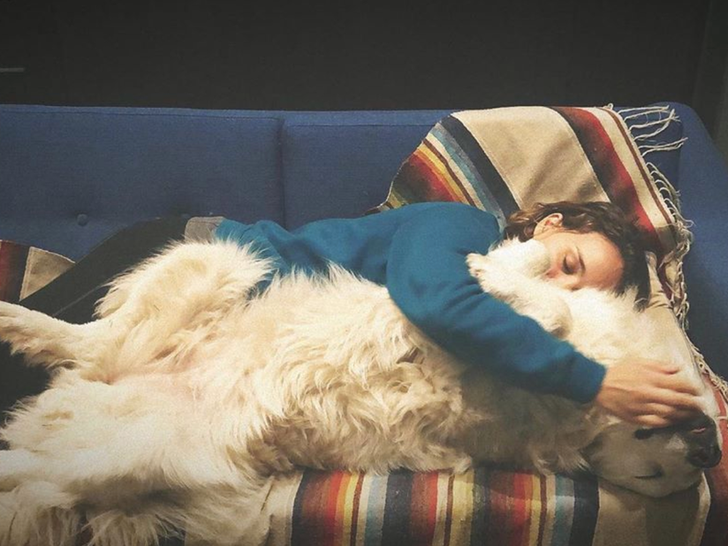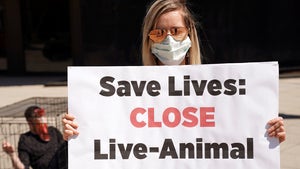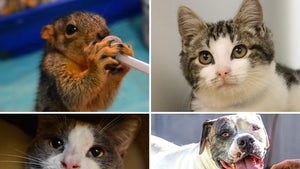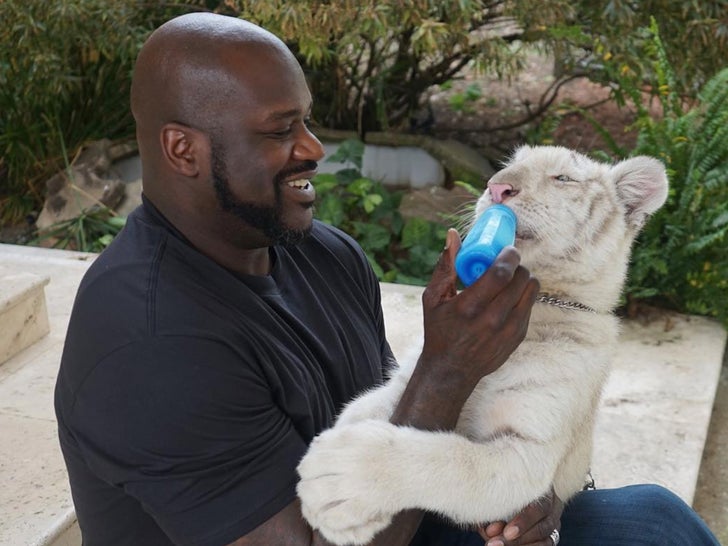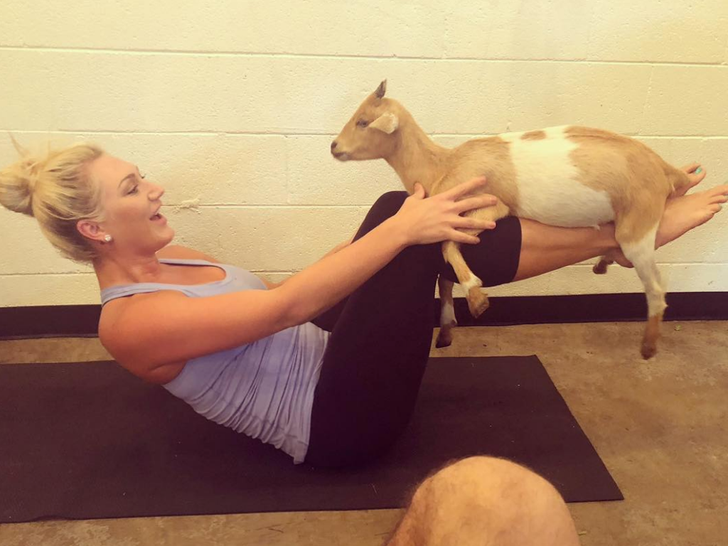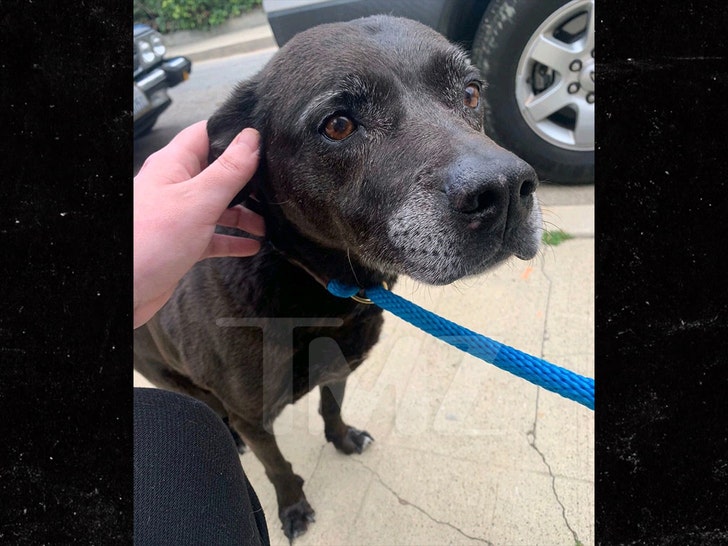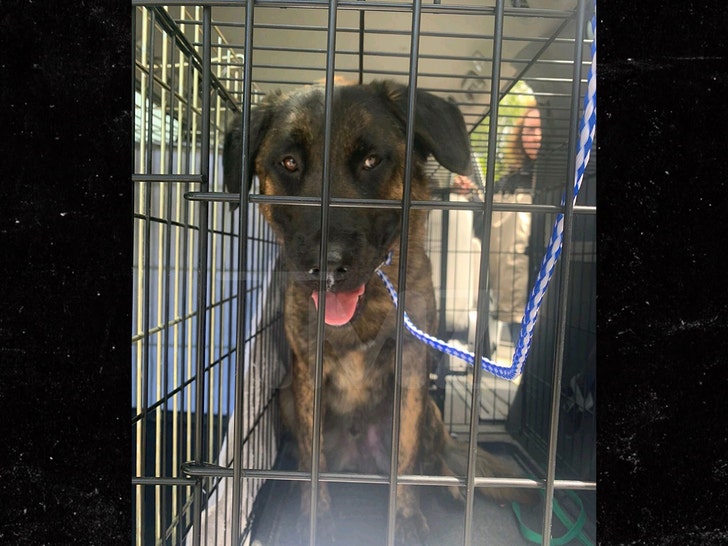Coronavirus Pets at Risk of Catching COVID-19 From Unsuspecting Owners
The coronavirus pandemic could wreak havoc in a frightening new way, because your house pets could be at risk of coming down with COVID-19.
An expert at the National Institute of Health tells TMZ ... while people might be worried about catching the coronavirus from their pets, it's actually the other way around, and the potential for humans to infect animals is being way overlooked.
It's pretty alarming ... we're told cats and ferrets are most likely to be infected with COVID-19 from humans. For dog owners, we're told preliminary studies show canines are less likely to contract the virus. However, as we reported, 2 dogs in Hong Kong did test positive.
While data is limited on the effects of COVID-19 on animals ... we're told scientists are drawing conclusions from past viruses. Data from the 2009 H1N1 (swine flu) pandemic shows humans infected a wide range of animals including dogs, cats, tigers and cheetahs.
In all cases of swine flu in animals, scientists say it appeared the critters were infected by direct transmission of the virus from humans in the same household. So, a similar conclusion is being drawn with the coronavirus.
We're told it's hard to know whether COVID-19 would be fatal in pets -- however, one glimmer of hope ... influenza is generally not lethal.
Before you panic, the NIH expert we spoke to is NOT advising you get rid of your pets -- but instead said owners showing coronavirus symptoms should avoid their pets.
If you insist on being with your pet, or have a service animal, we're told owners should wear a mask. Same goes for zoo or lab employees around animals. Remember, a Bronx Zoo tiger just tested positive, and officials believe the virus was passed from a handler.
Important to note the CDC has said there's no evidence Fido or Fluffly can transmit the virus to humans.
And, there's this ... we're told if a pet starts showing symptoms or is diagnosed with COVID-19, it could mean the owner is carrying the virus ... even if he or she is asymptomatic.


